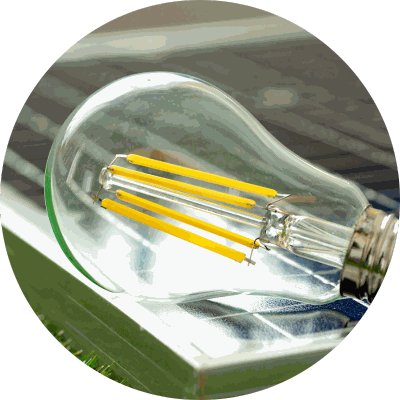Student researcher from the University of Maryland champions food waste to renewable energy in a new study
May 13, 2023 | Environmental Lab
A senior student from the University of Maryland (UMD), Sarah Na, discovered the ability of fermented food waste to produce abundant biogas— which can be used for renewable energy.
In a 10-week lab study at Bioenergy and Bioprocessing Technology Lab at the UMD, Na was able to evaluate the ability of fermented food waste, broken down into organic matter via biodigester, and found that once it will be converted into methane, it can produce a significant amount of energy to produce heating, electricity, and can even be used as fertilizer.
“It really saddened me that I would go into a forest or to a lake, and then instead of catching a fish or seeing animals, I’d see trash,” Na said. “We could use it again instead of sending it to the dumps.”
Photo Source: DBK News
Na has been working in the lab of Stephanie Lansing, a professor at the Agriculture and Natural Resources College at UMD, who is also active in renewable energy research, outreach education, and economic and sustainability analyses of waste-to-energy systems.
Lansing emphasized the need for renewable technologies to be heavily implemented in the United States, similar to how it's been done in the United Kingdom and Europe.
“It’s working with our county governments and working with the industry to show what we’re doing and enhancing that process and showing how much energy can really be there,” Lansing said.
Currently, Na is yet to partner with other various organizations to implement her discovery. At the moment, her study is focused on expanding toward making the entire methodology of converting food waste into renewable energy more efficient and applicable to many people.
“[I want to] just keep thinking of everything as something useful instead of something to throw away,” Na said. “That’s the change that I hope I can help contribute to.”

